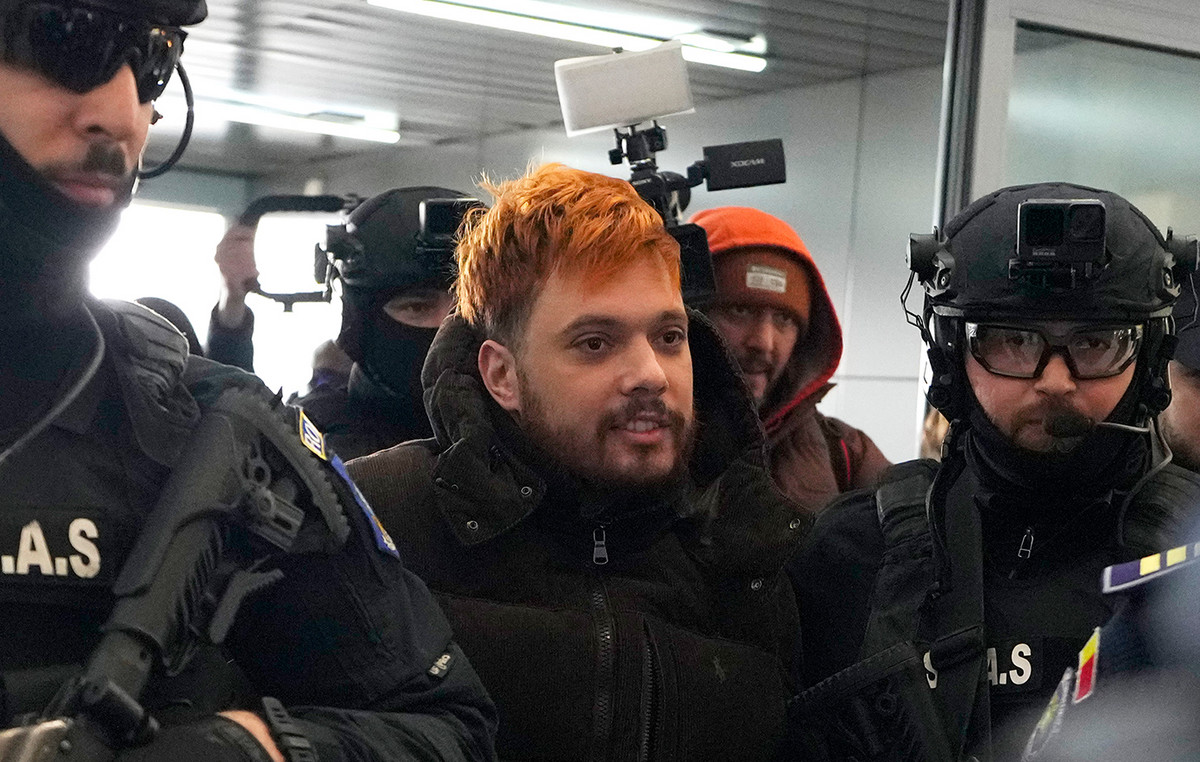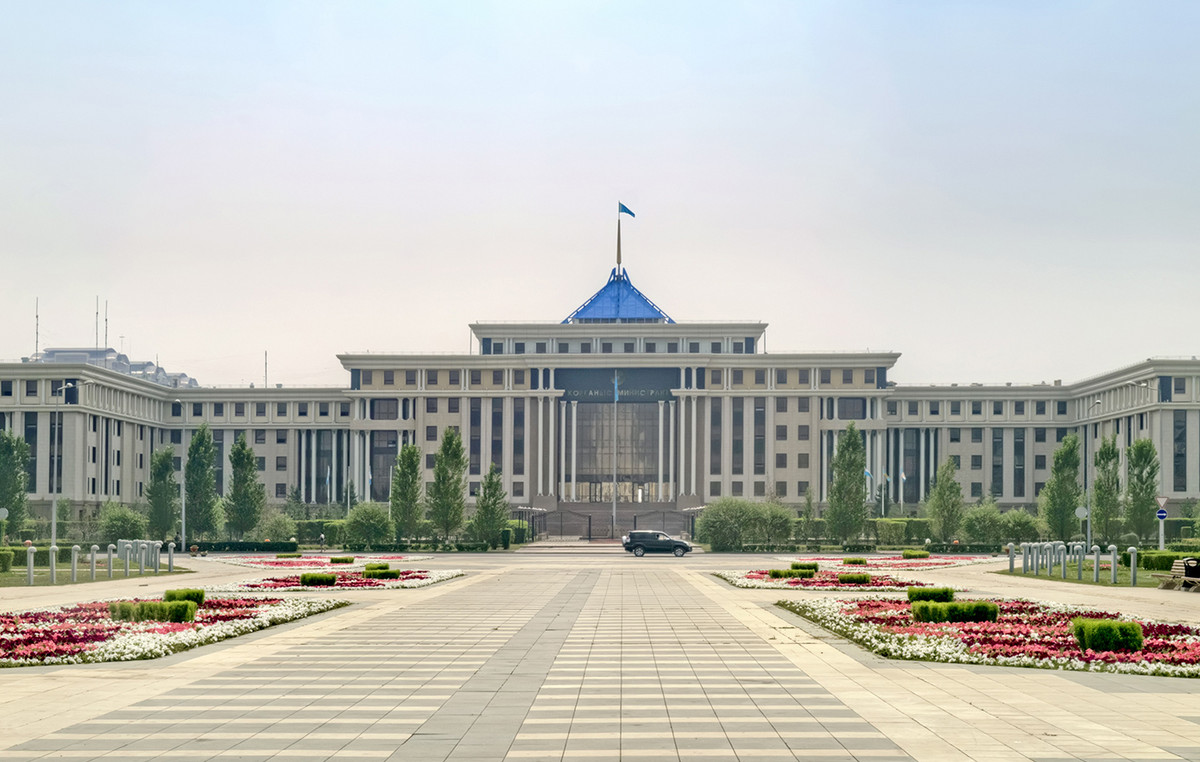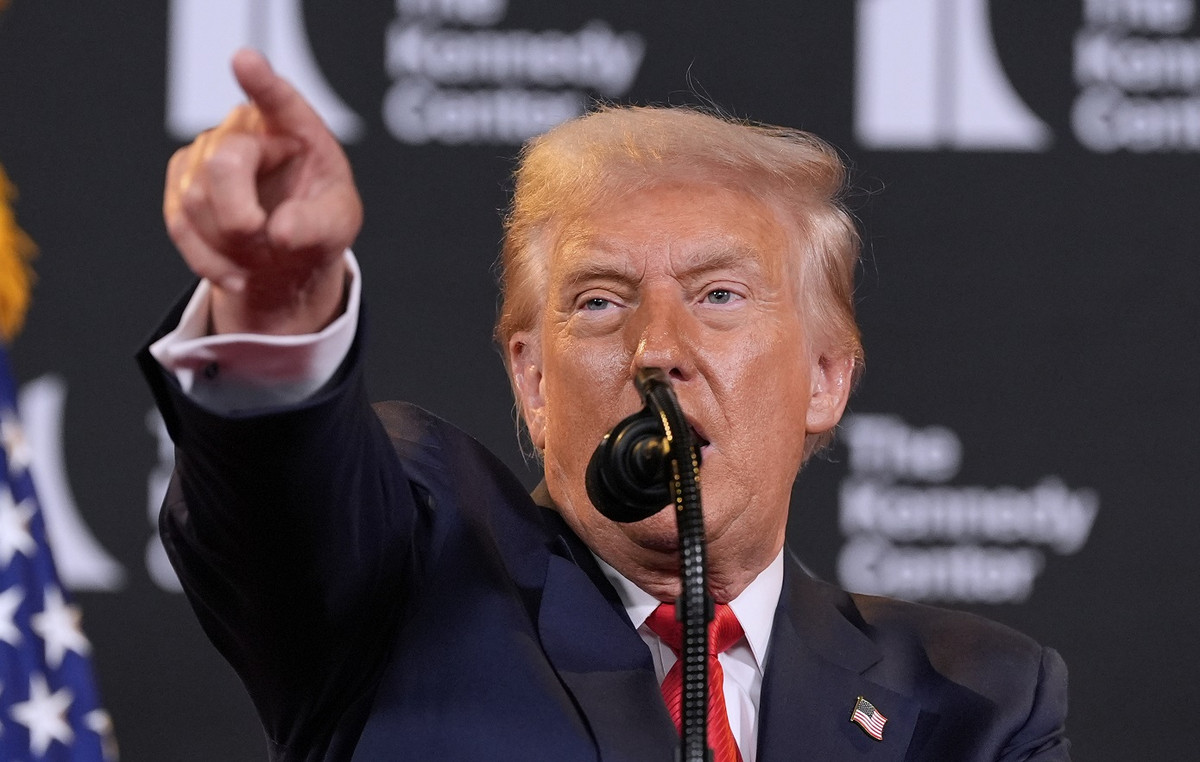Under threats from China, the US Air Force plane carrying the Speaker of the US House of Representatives, Nancy Pelosi, landed on Tuesday (2) in Taiwan. China’s Foreign Ministry warned of the “severe political impact” of the visit.
“Our delegation’s visit to Taiwan honors the United States’ unwavering commitment to supporting Taiwan’s vibrant Democracy,” Pelosi said on Twitter. According to her, the visit does not contradict US policy.
“Ours in no way contradicts longstanding US policy guided by the Taiwan Relations Act of 1979.”
The flight was the most followed of the day on the flight tracking website Flightradar24. The plane left the Malaysian capital of Kuala Lumpur at 4:42 am EDT and flew east on a route that skirted the South China Sea. Sources had indicated that Pelosi was expected in the Taiwanese capital of Taipei on Tuesday (2).
A senior Taiwanese government official and a US official informed the CNN that the House Speaker should include Taiwan on the route of her Asia tour, despite warnings from Biden administration officials who are concerned about China’s response to such an important visit.
The stop – the first for a US House Speaker in 25 years – is not on Pelosi’s public itinerary and comes at a time when US-China relations are at a low ebb.
A Taiwanese official added that she must spend the night in Taiwan.

Pelosi arrived in Singapore on Monday (1st) for the first official stop of the Asia tour, where she met with the country’s president, prime minister and other senior officials.
On Tuesday, Malaysia’s state media, Bernama, confirmed that Pelosi and a congressional delegation were in the country to meet with the prime minister and the speaker of parliament.
The delegation’s itinerary is still expected to include stopovers in South Korea and Japan, but no mention has been made of a visit to Taiwan officially.
The US official added that Department of Defense officials are working 24 hours a day to monitor any Chinese movement in the region and ensure they have a plan to keep it safe.
During a regular Foreign Ministry briefing on Monday, China warned against the “severe political impact” of Pelosi’s planned visit to the autonomous island that China claims as part of its territory and reiterated that its military ” they will not sit idly by” if Beijing feels that its “sovereignty and territorial integrity” is being threatened.

“We would like to tell the US once again that China is on standby and that the Chinese People’s Liberation Army will never sit idly by. China will adopt resolute responses and strong countermeasures to defend its sovereignty and territorial integrity,” Foreign Ministry Spokesperson Zhao Lijian told reporters when asked about the fallout of Pelosi leading a Congressional delegation in Taipei.
“As for what measures, if she dares to go, let’s wait and see,” added Zhao.
The National Security Council’s coordinator for strategic communications, John Kirby, said Monday that the Biden administration will support Pelosi on a trip to Taiwan.
“We want to make sure that when she travels abroad, she can do so safely and we will ensure that. There is no reason for Chinese rhetoric. There is no reason for action to be taken. It’s not uncommon for Congressional leaders to travel to Taiwan,” Kirby told CNN’s Brianna Keilar on The New Day.
“We must not be like a country – we must not be intimidated by this rhetoric or these potential actions. This is an important trip for the speaker and we will do what we can to support him,” Kirby continued.

Asked if the US was prepared for the fallout with China during the visit, Kirby said there was “no change in our policy. No change in our focus on trying to maintain a free, safe and open Indo-Pacific.”
The Taiwan issue remains one of the most controversial. President Joe Biden and his Chinese counterpart Xi Jinping discussed the matter at length in a two-hour, 17-minute phone call on Thursday, as tensions mounted between Washington and Beijing.
“The Taiwan issue is the most sensitive and important central issue in China-US relations,” Chinese Ambassador to the US Qin Gang said at the Aspen Security Forum in July.
Biden said last month that the US military opposed Pelosi’s visit to Taiwan, though he has since refused to issue warnings. The White House said it is up to the Speaker of the House where she travels and that they have little say in his decision.
Still, government officials have worked in recent weeks to explain the risks of a visit to Taiwan in meetings with Pelosi and her team. Defense Secretary Lloyd Austin said recently that he discussed a visit to Asia with Pelosi.
The government takes extra care of Pelosi’s safety when she travels abroad because she is in the presidential line of succession.
Government officials are concerned that Pelosi’s trip comes at a particularly tense time, as Xi is expected to seek an unprecedented third term at the upcoming Chinese Communist Party congress.
Chinese party officials are expected to begin laying the groundwork for such a conference in the coming weeks, pressing the leadership in Beijing to show strength.

Officials also believe that the Chinese leadership does not fully understand the political dynamics in the United States, leading to a misunderstanding of the significance of Pelosi’s potential visit.
Officials say China may be confusing Pelosi’s visit with an official government visit, as she and Biden are both Democrats. Government officials are concerned that China will not separate Pelosi from Biden very much, if at all.
Pelosi is critical of the Chinese Communist Party. She met with pro-democracy dissidents and the Dalai Lama – the exiled Tibetan spiritual leader who remains a thorn in the side of the Chinese government. In 1991, Pelosi held up a black and white banner in Beijing’s Tiananmen Square to honor the victims of the 1989 massacre, which read: “To those who died for democracy.” In recent years, she has expressed support for pro-democracy protests in Hong Kong.
The Chinese embassy in the United States objected to her expected trip, planned for April, before Pelosi tested positive for Covid-19, asking members of Congress to tell the speaker not to attend.
“I would say there was full pressure from the Chinese embassy to discourage a trip to Taiwan,” Washington Democratic Representative Rick Larsen, co-chair of the US-China Congressional Working Group, told CNN. “I just don’t think it’s their business to tell us what to do. That was my message back.”
Liu Pengyu, a spokesman for the Chinese Embassy in the US, responded that his office is in “regular contact” with members of Congress, including Larsen.
“On the Taiwan issue, we made our position loud and clear,” Pengyu said. “The Embassy is making all our efforts to prevent peace and stability in the Taiwan Strait and the stability of China-US relations from being undermined by House Speaker Nancy Pelosi’s potential visit to Taiwan.”
“We hope that serious consequences can be avoided,” he added. “This is in the common interest of China and the US.”

Many Democrats and Republicans in Congress said it was Pelosi’s right to travel to Taiwan.
“It is President Pelosi’s sole decision whether or not to travel to Taiwan, not to any other country,” said Illinois Republican Representative Darin LaHood, Larsen’s Republican colleague on the US-China working group. “In our democratic system – we operate with separate but equal branches of government.”
“It is inappropriate for foreign governments, including the Chinese government, to attempt to influence the ability or right to travel of a speaker, members of Congress or other US government officials to Taiwan or anywhere else in the world,” he added.
Other members seemed to be more wary of the diplomatically delicate trip.
California Democratic Representative Judy Chu, the first Chinese-American woman elected to Congress, said she has “always supported Taiwan.”
But when asked whether a trip to Taiwan now would send the wrong message, Chu said, “You can look at it two ways. One is that relationships are very strained right now. But on the other hand, you could say that maybe this is when Taiwan also needs to show strength and support.”
When asked what she thought, she said, “I leave it to those who will make that decision.”
Eric Cheung, Kylie Atwood, Alex Rogers, Kevin Liptak, Nectar Gan, Chandelis Duster and Betsy Klein of CNN contributed to this story.
Source: CNN Brasil
I’m James Harper, a highly experienced and accomplished news writer for World Stock Market. I have been writing in the Politics section of the website for over five years, providing readers with up-to-date and insightful information about current events in politics. My work is widely read and respected by many industry professionals as well as laymen.







